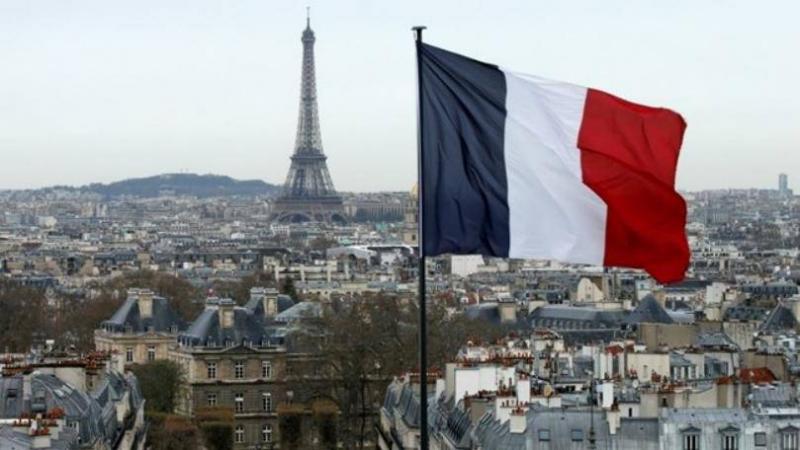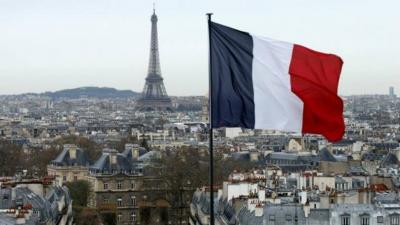Weeks before the Lebanese presidential elections, a significant development emerged regarding this event as French-Saudi meetings were held last week in Paris. The Saudi side included advisor at the royal court Nizar Al-Aloola, the Saudi ambassador to Lebanon Walid Bukhari, and several officials from the Saudi Foreign Ministry, along with French officials. Media reports indicated that the meetings aimed to initiate understanding over the broad outlines of electing a president. It was also noted that the Saudi position communicated to the French side regarding Lebanon encompasses essential points, the most prominent being: advancing Gulf relations with Lebanon, thus achieving positive developments that would help Lebanon emerge from its crisis without linking it to an agreement with the International Monetary Fund, but rather to a set of political conditions that must be secured first. These conditions should manifest in the presidential or governmental election, resulting in an Arab-acceptable presidential and governmental structure through sovereign and unifying Lebanese figures who uphold the decision of the Lebanese state away from any other influences and recognize the value and importance of the Arab-Lebanese relations and Lebanon's return to a unified Arab stance, indicating that trustworthy characters on an Arab level are required.
In analyzing these developments, former MP Fares Said noted via "Al-Markaziyah" that "the interest of both the French and Saudi sides in Lebanon is significant to ensure the conduction and occurrence of the presidential elections," pointing out that "the meeting happened upon a French request, but it seems that the discussions are still in a preliminary exploratory phase, and meetings concerning the Lebanese file are taking place within this framework in Paris and other locations. However, likely, no one has a clear vision of what might happen despite these developments reflecting a clear interest in the country so that the Lebanese do not feel abandoned to their fate." He also indicated that "names of presidential candidates were not discussed to the extent that the importance of the meeting was to frame the issue, that is, to describe the nature of the future president's role and emphasize that on suggesting the name of a character who could take the position, as the future president is required to continue implementing the National Accord Document and the Lebanese constitution and respect international legitimacy decisions."
Amid these movements, will Lebanon avoid a presidential vacuum and adhere to constitutional deadlines for electing a president in a manner that improves its international relations, especially with Arab and Gulf states?




